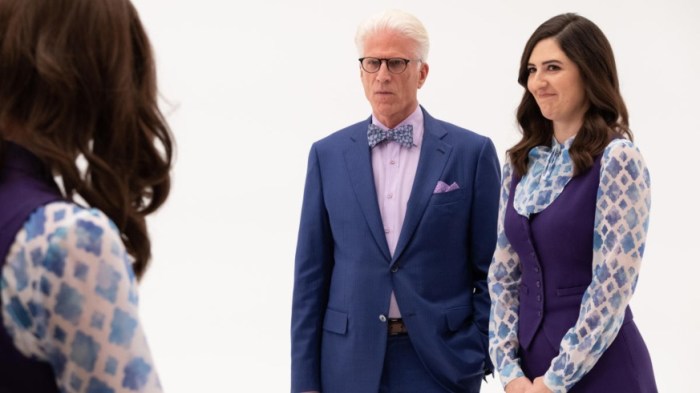Director Alison Klayman immediately knew that a documentary on the use of Adderall in the United States would make for a potent and timely film. That only became more and more apparent as she started to develop Take Your Pills over at Netflix, as several of her very good friends opened up about their intake of the drug.
I recently had the chance to speak to Alison Klayman about “Take Your Pills,” and her journey alongside producers Christina Schwarzenegger and Maria Shriver about the usage and impact of Adderall in the United States. Here’s what she had to say.
How did you become interested in the film?
The film actually came about with Netflix reaching out to me. From what I understand this was one of the first projects that Netflix wanted to do in the documentary features space. They came to me in 2015, and it takes a while for documentaries to be made. They wanted to do a film on the subject, and they spoke to Maria Shriver and Christina Schwarzenegger, who had her own history with Adderall. I became interested because I knew a lot of people who had experiences with the drugs, and it led to further questions about their identity. And it was something that I just hadn’t talked about with very good friends. That let me know that there were a lot of really good stories to tap into for the film, and could be part of a larger conversation. Plus the prevalence of the drug let me realize there was a bigger societal story to explore. Because what makes this specific drug so prevalent? And what does that say about us?
As an Englishman this feels like a problem that is particularly prevalent in America.
I think the story is a particular American story. The diagnosis of ADD and ADHD, and the subsequent prescription of these drugs, is on the rise around the world. But it is starting from a much lower number than it is in the US. The prevalence of it is very much an American story, and it felt as though it had a lot to say about America now. America has had a long affair with speed, which is documented in the film, too.
Do you feel like it is one that is only going to get worse?
The political conversation in the wake of the 2016 election was happening alongside the making of this film. In the political arena there was a lot of discussion about voters feeling anxious and feeling concern for “The American Dream” and how difficult it can be. In the research for this film we talked to over 100 people across all breadths of life from across different parts of the country and they all had these feelings of pressure and they wanted to use whatever they could to get ahead to. That really came to the fore in the research. That’s not to say that the drug caused these concerns. Or that the drugs are responsible for a relentless pursuit of success. Or working longer. Or even inequality. But the point is that these drugs exist on top of a system that is rife with these issues and so it really is part of the story. Especially because these drugs are only going to stay available to people.
Was it hard to stay impartial?
One of my biggest guidance principles for this film was being non-judgmental. For me this film isn’t about ADD or ADHD, and a film cannot refine or evaluate your medical diagnosis and whether you should take your medicine. But at the same time we need to destigmatize our conversation around the drive for these medications. Which includes whether they are prescribed or whether you are taking them off label. Are there other ways for us to measure success, let alone help us get there. I hope those are the conversations that come out of this film. Rather than who needs it and who doesn’t. Because that’s a very complicated question that I don’t have the answer to. But recognizing that this is all a topic of conversation is an important first step.
“Take Your Pills” is now available to watch on Netflix.



















